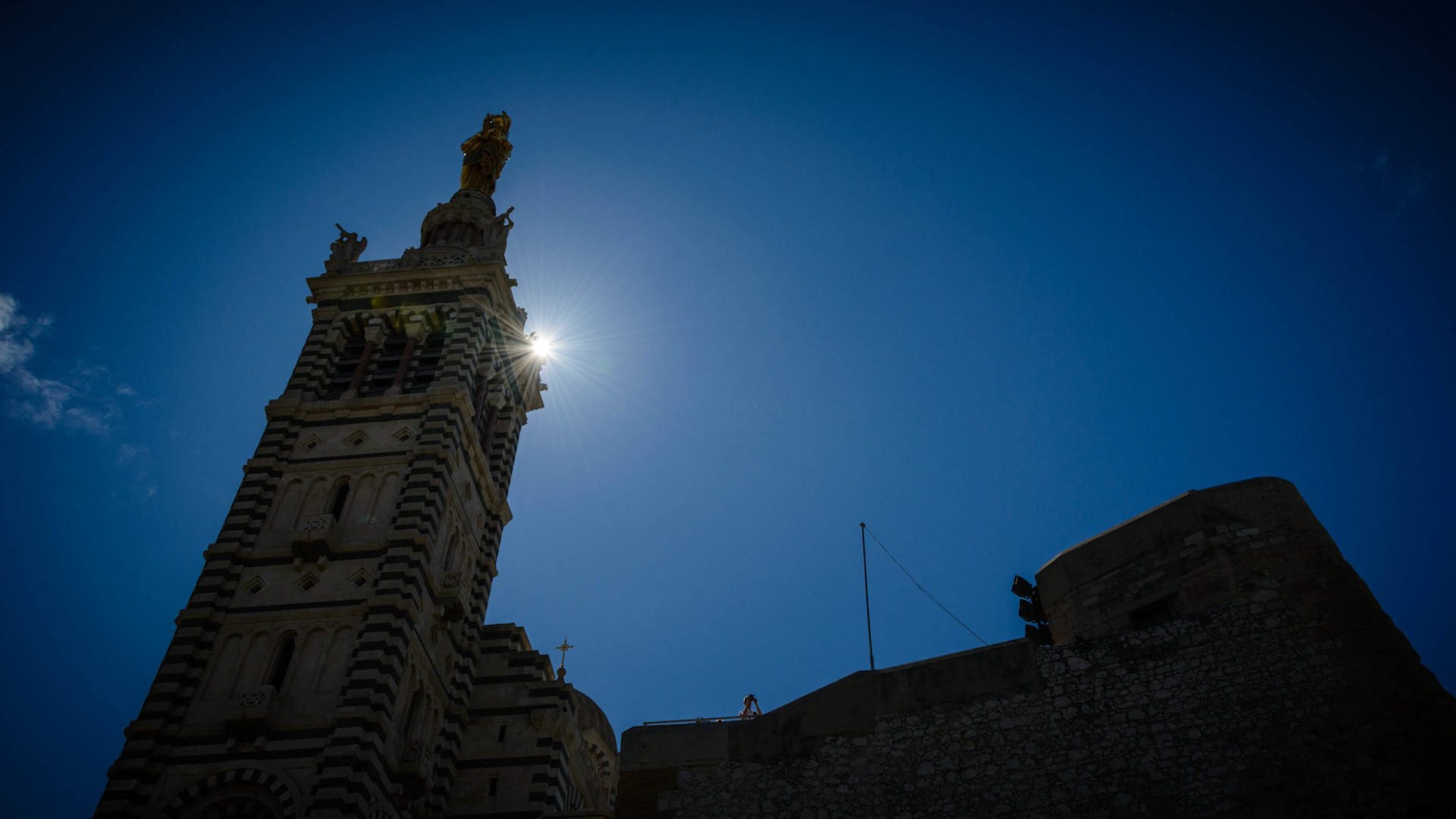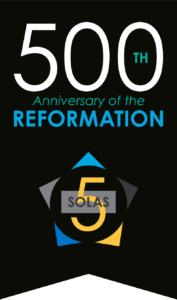
 Even though the Protestant reformers of the sixteenth century were regularly fighting for their survival because of Catholic assaults, and even though they had few resources and were land-locked, they believed in and practiced missions. We see this in the ministry of John Calvin (1509–1564).
Even though the Protestant reformers of the sixteenth century were regularly fighting for their survival because of Catholic assaults, and even though they had few resources and were land-locked, they believed in and practiced missions. We see this in the ministry of John Calvin (1509–1564).
Taking the Gospel to the Nations
Calvin was the leader of the Reformation in Geneva, Switzerland. He’s probably best known for writing the Institutes of the Christian Religion. Some people also wrongly accuse Calvin of starting an anti-missions theological perspective known as “Calvinism.” As we will see from Calvin’s writings and practice, though, Calvin promoted taking the gospel to the nations.
We see Calvin’s missions focus in a couple of passages from the Institutes. He urged that in prayer we should “daily desire that God gather churches unto himself from all parts of the earth; that he spread and increase them in number” (Institutes 3.20.42). As we pray, “Your kingdom come,” we are asking “that God may gather churches to himself from all quarters of the world, may extend and increase their numbers, enrich them with his gifts, establish due order among them” (Institutes 3.20.41).
Calvin argued that God “means that the work of this deliverance will be so excellent that it ought to be proclaimed, not in one corner only, but throughout the whole world.”
A few passages from Calvin’s commentaries confirm his belief that God’s desire was for his people to take the gospel to the ends of the earth. Commenting on 1 Timothy 2:4, Calvin wrote, “no nation of the earth and no rank of society is excluded from salvation. . . . God regards all men as being equally worthy to share in salvation.” Reflecting on Luke 24:47, Calvin observed, “the grace of redemption brought by [Christ] extends alike to all nations.” Finally, explaining Isaiah 12:4, Calvin argued that God “means that the work of this deliverance will be so excellent that it ought to be proclaimed, not in one corner only, but throughout the whole world . . . spread abroad to all men.”
Three Key Missions-Focused Events in Calvin’s Ministry
These missional ideas were lived out through Calvin’s ministry. Three events prove this to be the case. In 1544 Calvin had a hand in sending the first Protestant missionary, Pierre Brully, to the Catholic region of the Netherlands. This was frontier missions because there was no Protestant church in an area that had been dominated and controlled by Catholicism for centuries. It shows us Calvin’s desire to have the gospel penetrate spiritual darkness and have churches organized to worship Christ and revel in his gracious salvation. Brully survived in the Netherlands for three months before he was martyred by the Catholics.
Calvin’s heart for missions, as well as his aggressive record of church planting, is on display in his beloved country of France. France was the economic and military powerhouse of the day. But it was also staunchly Catholic and active in putting down Protestantism. In fact, Calvin and many other French Protestants were religious refugees who had fled their homeland to escape persecution.
But Calvin always desired for his countrymen who lived in darkness to see the light of Christ. In order for this to happen, Calvin knew that Christians had to take the gospel into this hostile country since God uses the preaching of the gospel to accomplish his sovereign purpose. Calvin said as much when he taught, “the power to save rests with God (Rom. 1:16), but (as Paul again testifies) he displays and unfolds it in the preaching of the gospel” (Institutes 4.1.4).
Pierre Brully, the first frontier missionary that Calvin sent out, survived three months before he was martyred by the Catholics.
Knowing that God used the preaching of the gospel to convert sinners and establish churches, Calvin and the other leaders from Geneva sent out many young church planters who would be able (they hoped) to escape the Catholic authorities and start Protestant fellowships.
The Genevan records list some eighty-eight missionaries sent out from the city to France between 1555 and 1563, but we know there were even more since the Genevans were concerned that the Catholics would overrun Geneva, find their records, and track down their church planters in France. Therefore, they intentionally withheld the names of many missionaries in order to protect their identity and their ministries.
The Results
The results of these efforts were awesome, as Pierre Courthial recounts: “In 1555 there were five organized Reformed [i.e., Protestant] churches in France; in 1559, the year the first national synod assembled in Paris, there were nearly 100; and by 1562 they numbered 2,150” (in W. S. Reid, ed., John Calvin, 77). God blessed the efforts of Calvin’s missionaries in establishing many Protestant churches in France.
Calvin also showed his heart for missions when, in 1556, he was asked to send pastors to Brazil. The two men and twelve laypeople whom Calvin hand-selected were to serve a Genevan trading company while seeking to share Christ with the native Indian population. Even though nothing came of the efforts since the leader of the expedition reverted to Catholicism, it reveals Calvin’s strong desire to take the gospel to the nations.
Shawn Wright serves as a professor of church history at the Southern Baptist Theological Seminary. He is active in pastoring and teaching on the mission field. In addition to contributions in journals, Wright coedited Believer’s Baptism: Sign of the New Covenant In Christ (B&H Academic, 2007).

